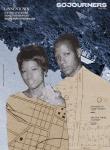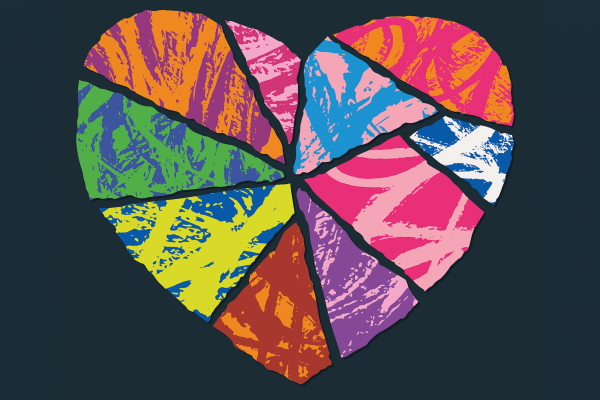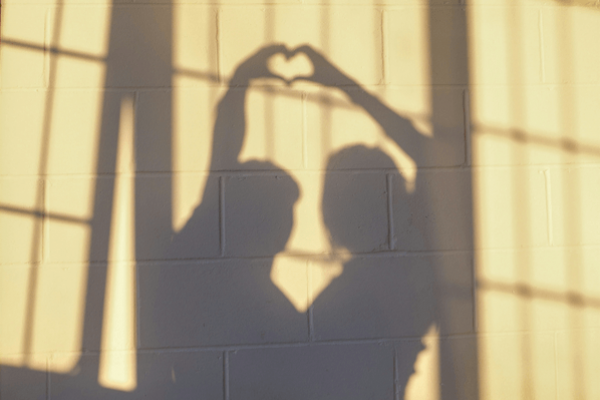I RECENTLY HAD a conversation where I found myself feebly describing the pain of caring for an ill and aging parent. My wife, who is an exceptional curator of the emotional landscape, aptly identified my experience, my grief, as an “ache of the soul.” I find no better words for an experience so enveloping, so permeating through my body, my being, down to a cellular level — like a wave of loss that dredges the depths of the soul.
Grief can be complex and does not always begin with a terminal event. Surveyors of the human experience know well the “little” griefs that happen: the waning connection with the living; the loss of memory; the loss of energy and vitality. A once-doting parent who often inquired “Why haven’t you called?” no longer has the energy to do so. Meanwhile, whether relationships with our lost loved ones were good, complicated, or even nonexistent, the ache of the soul can be overwhelming.
Grief is present in more places than we think; to accept that is to live a more truthful, cohesive life. Take our Christian story, where there is no Resurrection Sunday without Good Friday. If we focus on Good Friday alone, we are left with the despair of death and injustice. Focus on Resurrection Sunday alone, and our hope is diluted by brittle optimism. Hold these two together, and we find that in the sober reality of finitude, a new and beautiful hope can break the husk and blossom forth in our lives.
I find the alchemizing of life and death, grief and hope can be best understood through the blues. In Lead Belly’s (Huddie William Ledbetter) famous 1930s song “Jim Crow Blues,” we hear: “I been trav-lin’, I been trav-lin’ from sho’ to sho’ / Ev-’ry where I have been I find some old Jim Crow. ... / Down in Louisiana, Tennessee, Georgia’s a mighty good place to go, / An’ get together, break up this old Jim Crow.” The song’s energy is both uncanny and momentarily aspirational: How is it that one can decry dehumanization, all the while tapping one’s feet, and bopping one’s head to the rhythms? How is it that people can be animated into action to “get together, break up this old Jim Crow”?
Both micro and macro griefs can be animating forces for good. Take the atrocities in Gaza and the increasing minority of global voices declaring outrage against the killing of thousands of innocents. The power of grief, I find, can cut through “tepid neutrality” so that collective outrage can find a concerted voice and, hopefully, a concerted effort toward justice.
Our personal formation depends on how we hold grief and journey with it. Grief can fuel acts of justice and help us reimagine a more whole world. Daily, we hold a myriad of losses, small and great. Yet grief can have the effect, as author Peter Scazzero put it, to “enlarge your soul.” In this elasticity we grow to love more, bear more, and heal more.

Got something to say about what you're reading? We value your feedback!







